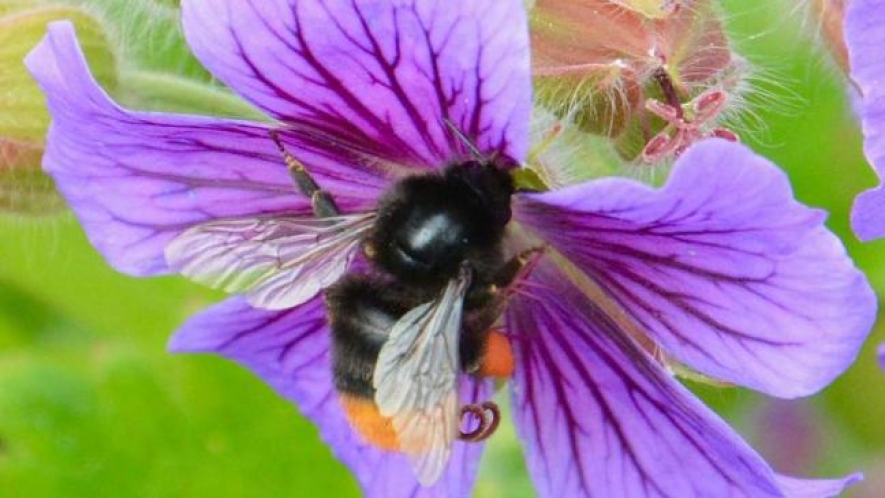According to the scientists, their decline will endanger plant species widely used for consumption, because of the role these insects play as pollinators.
The experts warn, that if we do not stop the decline of bumblebees, we could face a rise in food prices and other problems.
Unlike other insects, such as butterflies, bumblebees are not migrating further north in search of cooler places to live, say the experts.
These results were obtained from a database of observations of 67 species of bumblebees in Europe and North America from 1901 to 2010.
The researchers compared the changes in the movements to the north in recent decades, against a baseline from 1901 to 1974, when climate was cooler.
The research also shows that in recent decades bumblebee populations are disappearing as conditions become too warm for them, but there is no corresponding shift northwards and their populations are dwindling.
The researchers investigated the role of other factors besides climate change, such as the use of land for agriculture and pesticide application, but found no significant correlation.
Bumblebees, which have their origins in Palearctic regions, evolved in colder conditions and that is way their bodies are covered by soft hair.
Scientists said, that in order to avoid the disappearance of the bumblebees, it may be necessary a kind of assisted migration, to help them establish new colonies further north.



















